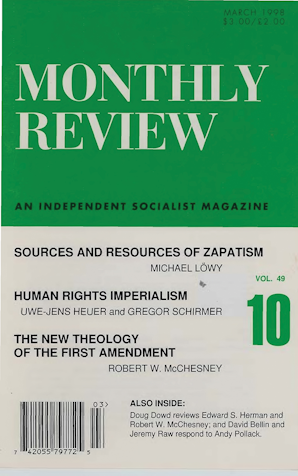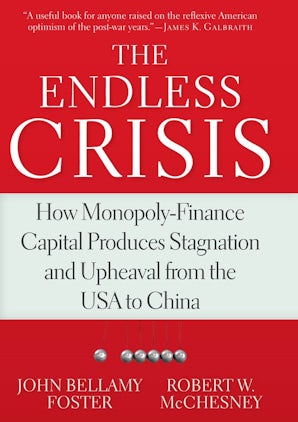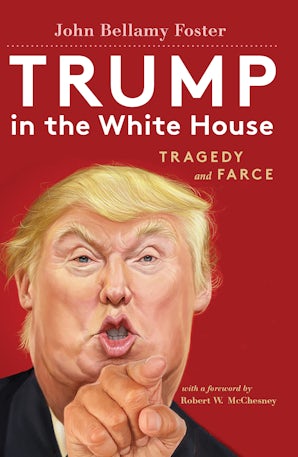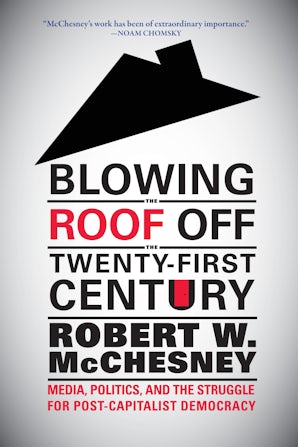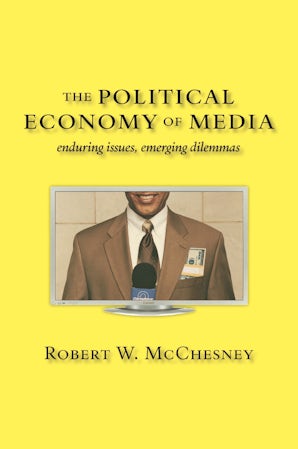Books by Robert W. McChesney
The Endless Crisis
by John Bellamy Foster and Robert W. McChesney
Trump in the White House
Foreword by Robert W. McChesney
by John Bellamy Foster
Blowing the Roof off the Twenty-First Century
by Robert W. McChesney
The Political Economy of Media
by Robert W. McChesney
Article by Robert W. McChesney
- Fiftieth Anniversary Retrospective on Pomfret (Class of 1971)
- Capitalism in the Age of Digital Technology
- Neoliberalism and Neofascism
- Socialism—A Time to Retreat? The Perspective of ‘Monthly Review’ at the Opening of the Twenty-First Century
- The Personal Is Political: The Political Economy of Noncommercial Radio Broadcasting in the United States
- Surveillance Capitalism: Monopoly-Finance Capital, the Military-Industrial Complex, and the Digital Age
- Rupert Murdoch: Not Silent, But Deadly
- Sharp Left Turn for the Media Reform Movement: Toward a Post-Capitalist Democracy
- The Cultural Apparatus of Monopoly Capital: An Introduction
- This Isn't What Democracy Looks Like

